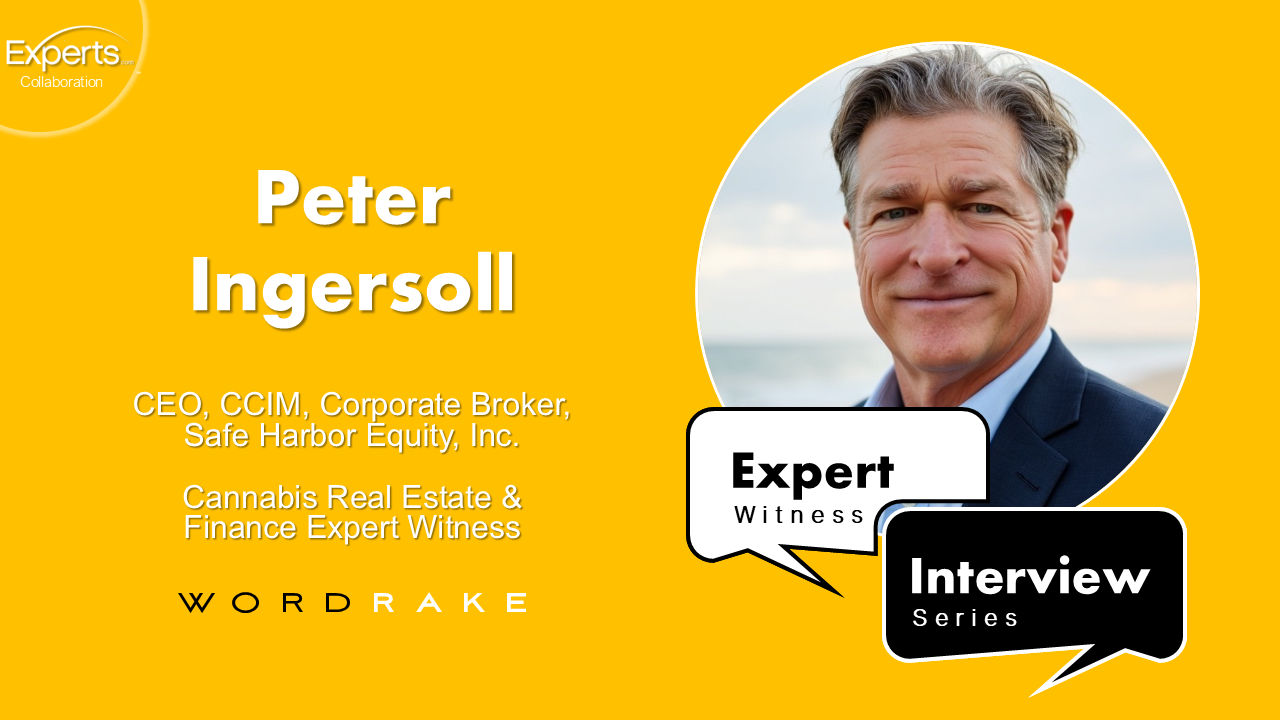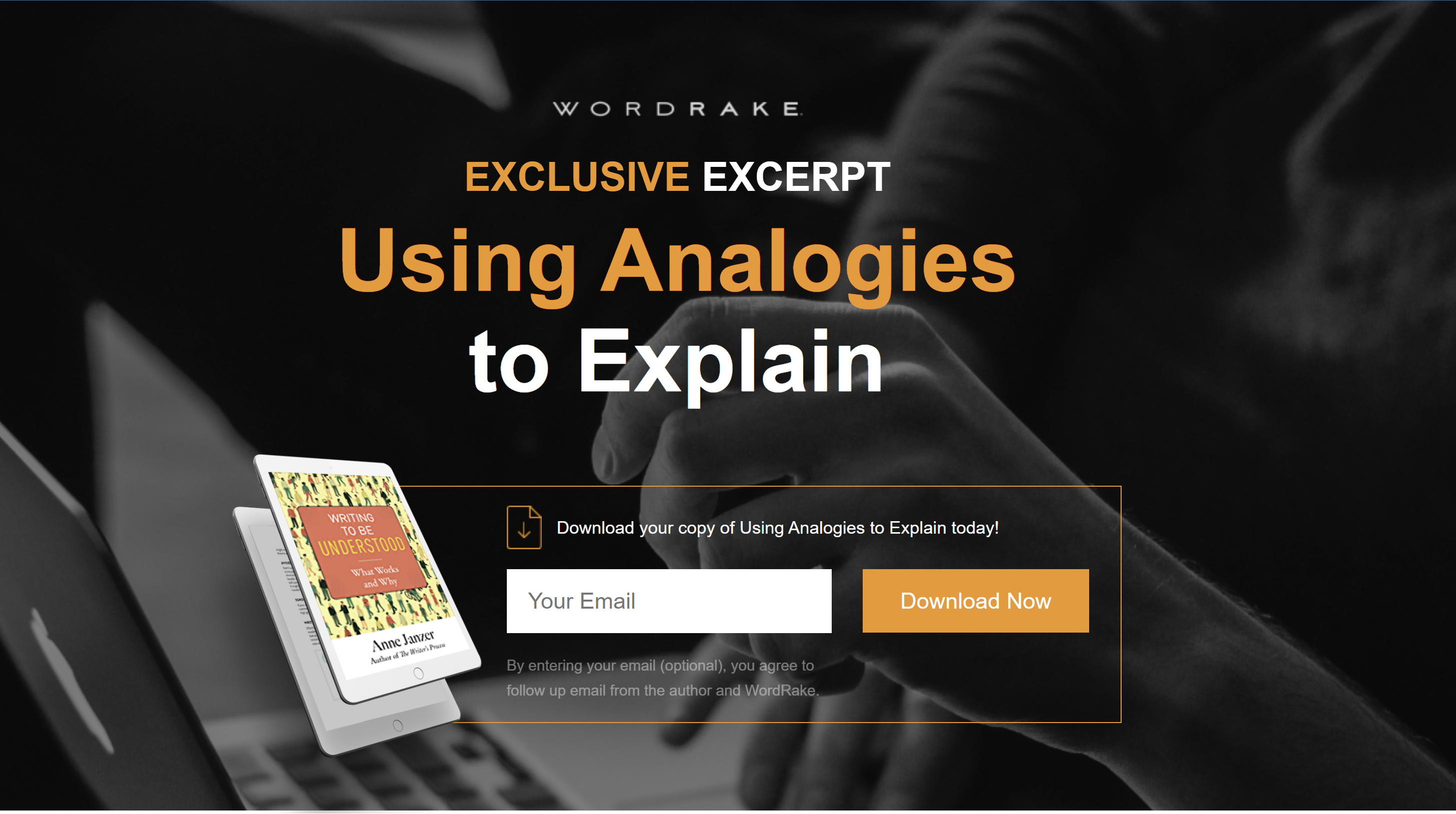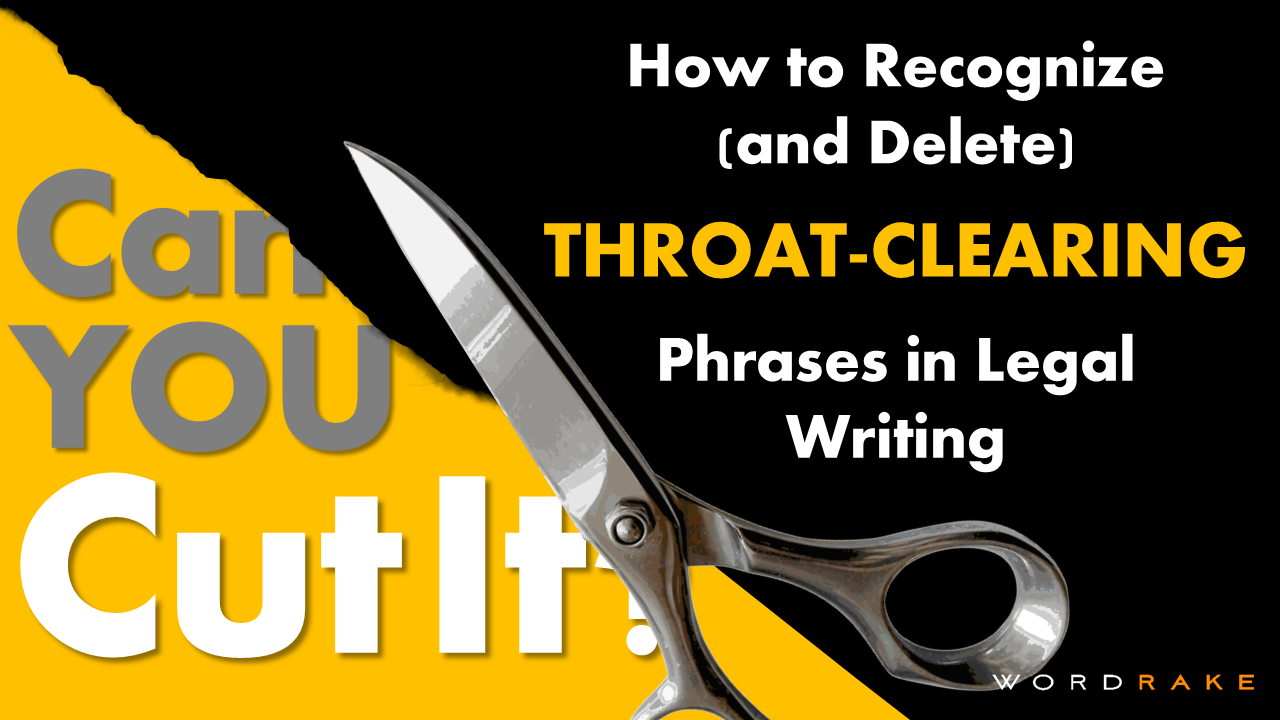Learn about Peter's insight into his expert witness experience and how writing impacts his role.
Peter Ingersoll of Safe Harbour Equity, Inc. brings a wealth of knowledge in fiduciary responsibilities, real estate and company financing structures, and tax-deferred transactions. As an expert witness in the cannabis real estate and finance industry, he offers litigation support for plaintiff and defense counsel in creditor, investor, partner, and founder disputes.
What is your professional background, and how did you become an expert witness?
Dennis Wickham, a partner at SCMV, asked me to help him with a dispute between a cannabis real estate developer and his client—a family office. I had five days to examine the evidence, complete research, and render a report. The report used the developer’s own investment projections to challenge his defense assertions. Dennis and the client were pleased.
What kinds of cases do you typically work on, and what types of attorneys or law firms seek your expertise?
Early work included credit card/bank fraud, commercial brokerage fraud, and eminent-domain matters. Since 2018, I’ve focused on disputes where business/valuation issues intersect with the cannabis industry. Courts and counsel often need clear distinctions between licensed operations and the illicit market, how taxes (including §280E), regulation, and price dynamics affect performance, and how those factors translate into valuation and damages. My role is to translate records and market data into accepted valuation and lost-profits frameworks.
Similarly, many cannabis attorneys know a lot about the law but may not understand how licensed (and/or illicit/unlicensed) cannabis operators have responded to the burgeoning growth, competition, and accompanying regulations and taxes. Cannabis litigators are looking for experts to shed an objective light on the details of their cases.
How do you prepare to write an expert witness report?
As I digest mountains of often conflicting evidence, the issues and events often seem confusing and contradictory. When evidence conflicts, I organize with a document chronology and issue matrix, identify decision points, and select the appropriate methodology (e.g., Before-and-After, Yardstick/Comparable, Market Share, or But-For analysis). I compute and cross-check results, apply sensitivity analyses to key assumptions, and tie each opinion to cited evidence.
Why is it important to be a strong writer when you are an expert witness?
Writing the report is the foundation of an expert to a) formulate a conclusion based on evidence and b) communicate each step in the logic underlying the conclusion.
It is important for every expert to thoroughly review their own report to eliminate redundancy and confusion. Clear writing makes the logic chain explicit: facts → assumptions (disclosed) → method (cited) → calculations → opinion. Drafting forces removal of ambiguity, redundancy, and any hint of advocacy.
What's the most important element of an effective expert report?
Before drafting, evidence must be gathered, indexed, and understood—together with the case’s legal underpinnings.
After comprehensive evidence control (gathering, indexing, and organizing), the appropriate method selection under accepted standards creates the framework for analysis with alignment of the report’s structure with the issues in dispute—preserves the expert’s independence. I apply AICPA SSVS (VS-100) and NACVA guidance for valuation, USPAP where applicable, and recognized lost-profits methods.
An underappreciated benefit of drafting a concise report is that it sharpens the foundational issues for testimony.
What surprising mistakes in an expert report can hurt your credibility?
Often, I find that I don’t know what I know, meaning that a business conclusion that is obvious to me may be invisible to a layperson. Each step must be supported with definitions, citations, calculations, and, where appropriate, sensitivity testing.
What strategies or tools help you make your reports more persuasive and defensible in court?
A step-by-step logic chain, reproducible calculations, conservative assumptions disclosed up front, and internal technical review for clarity and completeness. If a juror can’t understand a sentence on first read, it’s rewritten.
What do you think about using AI in expert witness writing? Are there ethical methods for implementing it in your practice?
AI can be valuable as a research tool to locate primary sources, but every reference and fact must be independently verified. AI cannot replace human judgment. I do not use generative AI in drafting expert reports. An expert cannot afford to allow a hallucination to enter an expert report or testimony.
How do you avoid overwhelming non-expert readers with technical language?
This can be a major challenge. Once I have a full grasp of the body of evidence and the theory of the case, I structure the report around key inflection points and questions the judge or jury must decide, minimize jargon, and explain any required terminology. The organization is issue-driven, not rhetorical. When helpful, a simple real-world analogy illustrates technical points while the analysis remains method-driven.
What role does reputation play in getting hired repeatedly as an expert witness?
Professionalism and independence matter most. One’s demeanor must be a balance of decorum and blunt realism. My duty is to the court. I confirm scope, dependencies, and deadlines in writing, and track discovery deadlines so retaining counsel knows exactly where my work stands.
How does online visibility—like directories or profiles—help attorneys find you and evaluate your practice?
In today’s digital world, attorneys, or their junior staff, will seek expert candidates by searching for key phrases on the internet. Profiles on respected directories and a substantive website help counsel assess fit before an initial call. Content focuses on best practices, methods, and accepted standards—not marketing. It depicts what I do, allowing the legal team to decipher whether I am a good fit before our initial meeting.
Besides being an Experts.com member, do you self-promote your work and services (social media, newsletter subscriptions, etc.)?
I am constantly learning, writing, and publishing. I publish analyses and maintain a website to provide method and case-issue clarity. I’m listed on Experts.com and SEAK, and I use LinkedIn for professional updates. When invited, I teach CLE classes.
What makes an expert witness credible to a judge or jury?
Objectivity, relatable experience, and straightforward answers are my primary tools along with respect for the legal process. I never want to be arrogant, conceited, or snobbish. Humility combined with short, straightforward answers builds rapport and trust.
Have lawyers told you that your writing samples played a role in selecting you as their expert witness?
Yes. Once the evidence has been vetted and organized, a report functions as a defensible guide: it shows how the opinion follows from facts and recognized methods. When the evidence is organized and the method is appropriate, the conclusion follows in sequence.
The synergies between an expert and the legal team are sometimes overlooked in the rush to meet discovery deadlines. Coherent and compelling writing gives retaining counsel insights into whether any expert is the right fit.
What do you wish lawyers knew about working with expert witnesses?
Hiring an expert early in the case is one of the most important contributors to success. Early retention improves outcomes. Time is required to identify gaps, request additional records, and integrate new evidence before depositions. Not allowing time for the expert to review and digest the evidence and supplement the record with additional evidence, squanders a great opportunity. Retaining counsel benefits from greater clarity so their client has a better understanding of the merits of the case when deciding the best course of action.
What information do you wish lawyers would give you when initially contacting you about a potential engagement?
Sources and status of evidence, who is responsible for collection/organization, key dates, and any protective orders or confidentiality constraints.
As an expert witness, do you think there is a disconnect between expert witness communities and attorneys and law firms?
Sometimes. Experts are not script readers; they organize and analyze evidence using accepted methods and present evidence in a relatable format that the attorney may not have thought about.
Attorneys need experts on their team on whom they can rely to separate the relevant evidence from the blizzard of documents to allow them to focus on the legal aspects of their litigation. The benefit of a consistent, indexed approach that supports each conclusion with evidence outweighs the time and cost.
What do you think most experts underestimate about being "discoverable" to attorneys?
The lengths that opposing counsel uses to discredit an expert can come as a surprise. Opposing counsel will test every weakness. Experts must remember that the legal process is an adversarial process. Neither opposing counsel, nor retaining counsel, has an obligation to protect the expert’s reputation. The expert must maintain professionalism, document assumptions, and keep calculations replicable to avoid being impeached on trivial issues.
What are the top 3 skills an expert witness must have for success?
- A step-by-step doggedness to digest and organize evidence.
- A curious, logical mind that respects and understands the legal process.
- The ability to create a clear translation of the analysis of the facts into a report and testimony.
What's the most valuable lesson you learned as an expert witness?
Given the imperfect nature of human perception, one’s opinion – even a professional one – can be viewed as subjective. To uphold his or her duty to the court, the expert must seek facts and evidence; use accepted methodologies and customary standards to measure and discern whatever is in dispute in an impartial and objective manner. Objectivity over advocacy. Opinions must rest on evidence and accepted standards.
What changes would you like to see in the expert witness industry?
It would be simpler if discovery rules followed federal standards in all states. As this is a state-rights issue, nothing is going to change in the conceivable future. Greater procedural consistency may reduce costs, but regardless, well-supported opinions—grounded in facts, transparent assumptions, and recognized methods—stand on their own.
About the Author
Peter Ingersoll, CCIM, is a finance professional, graduate of The Wharton School, and expert witness focused on lost profits, business valuation, and damages in cannabis and non-cannabis disputes. As CEO of Safe Harbour Equity, Inc., he produces independent, Rule-702–oriented reports grounded in accepted standards (AICPA SSVS (VS-100), NACVA guidance) and recognized lost-profits methods. His workpapers include transparent assumptions, and sensitivity analyses to promote replicability and withstand cross-examination. With 40+ years in real estate and company finance (25+ in complex disputes), he translates technical issues into precise, fact-based conclusions for judges and juries. Compensation is never contingent on outcome. Drafts and workpapers are retained and produced as required by applicable rules, orders, and protective agreements.
Visit Peter's Experts.com profile and connect with him on LinkedIn.









